THIS IS NOT A MOVIE
Recent data reveals transport accounts for over half of production emissions, overshadowing even commuting. Immediate action and incentives are crucial.
Have you noticed a seismic shift in sustainable working practices over recent years? Most probably the answer will be no. Do I sound like a broken record? Most probably, yes.
BAFTA albert is working hard to understand the source of the problem. In its recent 2023 annual review, it identified the biggest culprit: transport within production. Transport amounts to more than 50% of production emissions, and that’s not even considering commuting. We don’t know what that means in terms of carbon emissions, as scope 3 emissions are yet to be accounted for. But we can be sure that crew commuting would dwarf transport. It is the white elephant in the screen industry. If we are serious about decarbonisation and getting anywhere close to cutting emissions to zero by 2050, we need to acknowledge and take responsibility for the magnitude of the problem.
Unfortunately, the solution may be above our pay grade. To change this culture, government incentives are needed to create a tipping point to make electric cars more economical than their petrol equivalents. At the moment, electric cars still contribute only 2% to the UK fleet.
The second biggest emitter is power. It accounts for 21% of scope 2 emissions of a typical drama production. Here again, the electrification of generators is essential to wean us off the diesel alternative. In this regard, we certainly have a lot more leverage. In our roles as DPs, we can influence the choice of our lighting power and should talk to producers about a more considered approach to power.
The following are a few necessary actions to implement:
- From the get-go, nominate a key person to streamline the overall power demands with a strategy to avoid diesel generators. That could be the production’s sustainability officer or the facility manager. Gaffers could certainly help them with some electricity literacy. There is clever generator telematics software available to help with this endeavour, but further training and data collection would also certainly help.
- Use hybrid generators such as Pixipixel’s 160k/45k genny carrier. They will save you approximately 80% of diesel by only running when on-board batteries are depleted. Overall fuel savings will massively reduce CO2 emissions and the fuel budget.
- Use only HVO fuel in the absence of hybrid generators, reused from waste oil rather than virgin materials. Insist that your lighting provider acquires a variety of hybrid genny carriers to service the demand.
- Use universal and simplified LED lighting packages. On my latest TV production, our lighting setups deployed only three types of lights (Vortexes, Astera tubes, and Nyx bulbs) for 90% of all lighting. For larger setups, we hired daily equipment such as 18kw HMIs, but this was only occasional.
- Keep power-hungry tungsten lights for special occasions only.
- On location, use portable batteries for lighting demands up to 10kw and charge them from mains overnight. That also saves your lighting crew from long cable runs.
- Use electric genie booms where available. Ask production at the early stages to put money aside to budget for the marginal extra cost, so it doesn’t come as a surprise later when coffers are empty.
- And I almost forgot the obvious. Apart from swapping your petrol car for an electric alternative, become a part-time vegetarian. Meat consumption is responsible for 20% of carbon emissions on our planet and has huge implications for biodiversity. It is a big deal for all our friends from the animal kingdom!
As professor Celeste Saulo, secretary-general of the WMO (World Meteorological Organisation), remarked in a recent interview with the Financial Times: “Climate change is not a movie. It is real life.”
I hope you agree with me and take action on your next production. Thank you from all future DPs, who are not yet born!









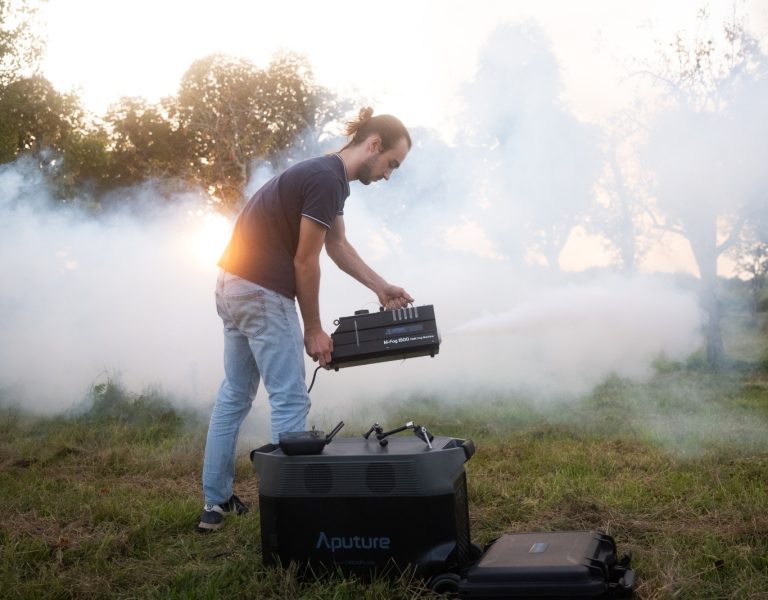

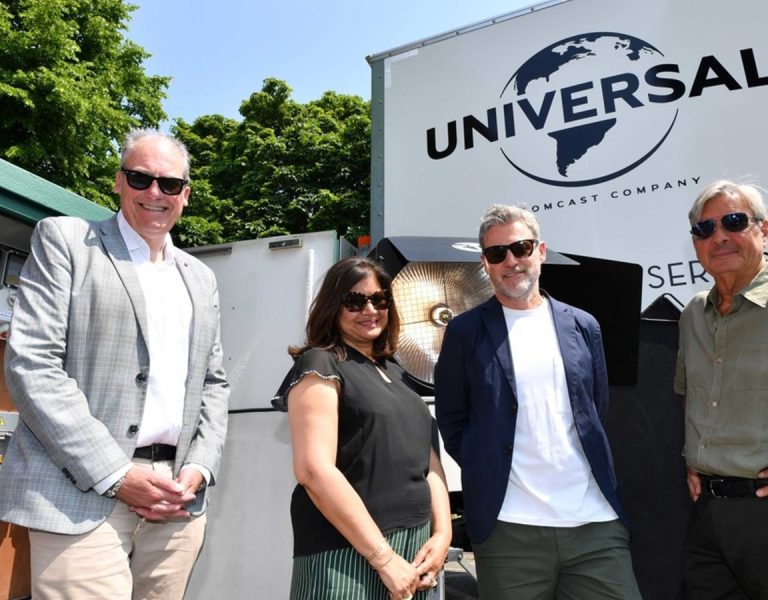
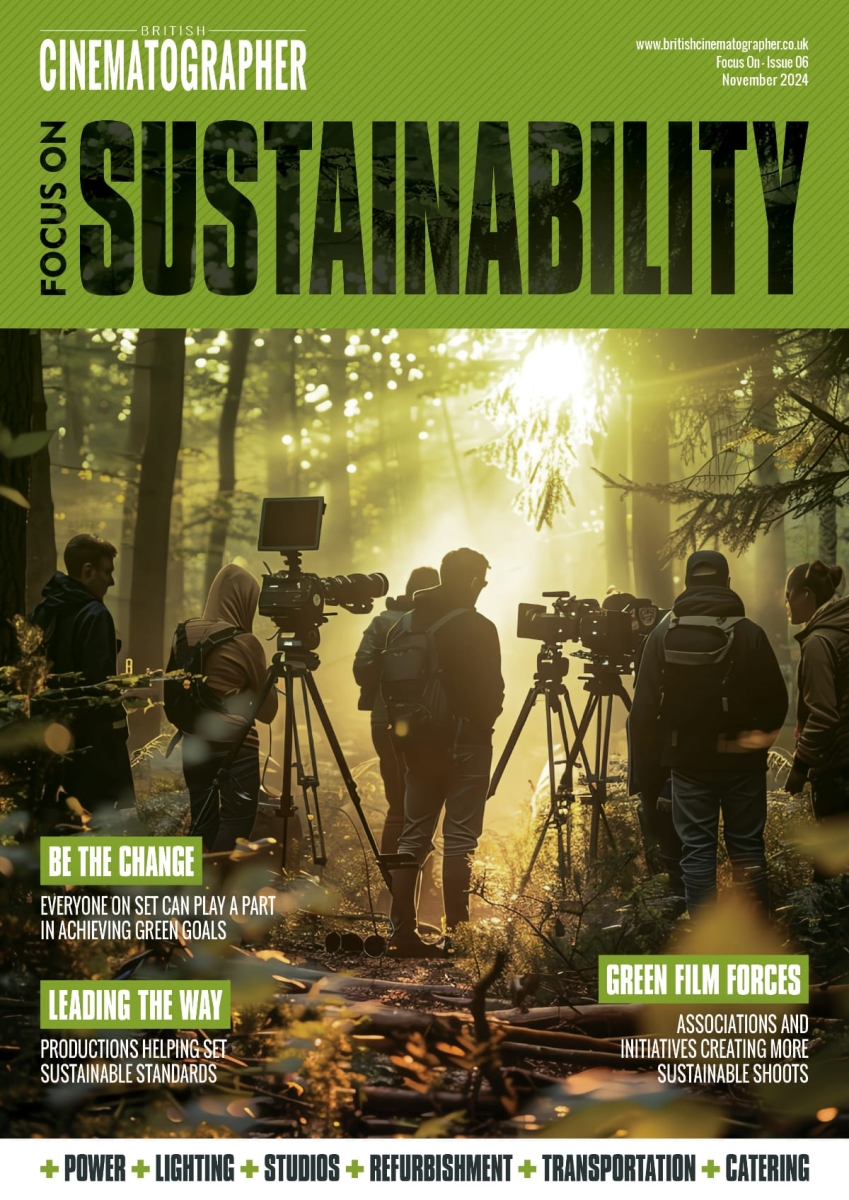
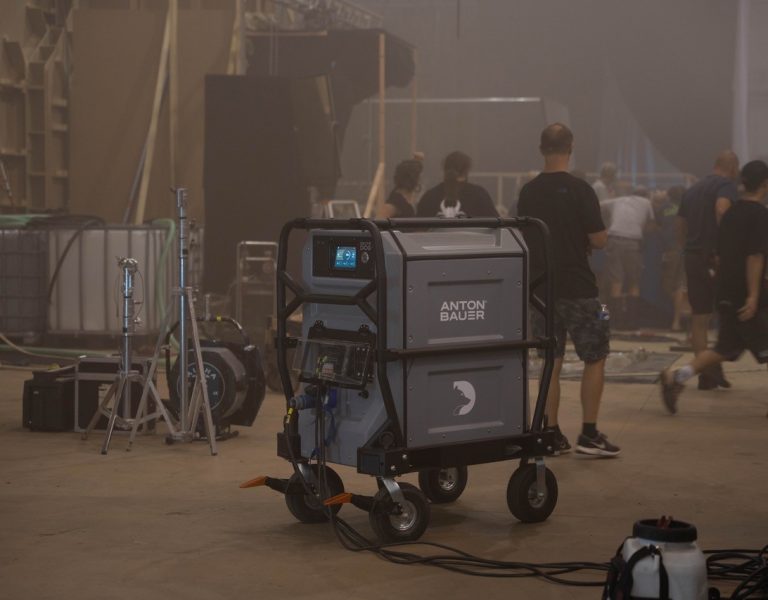
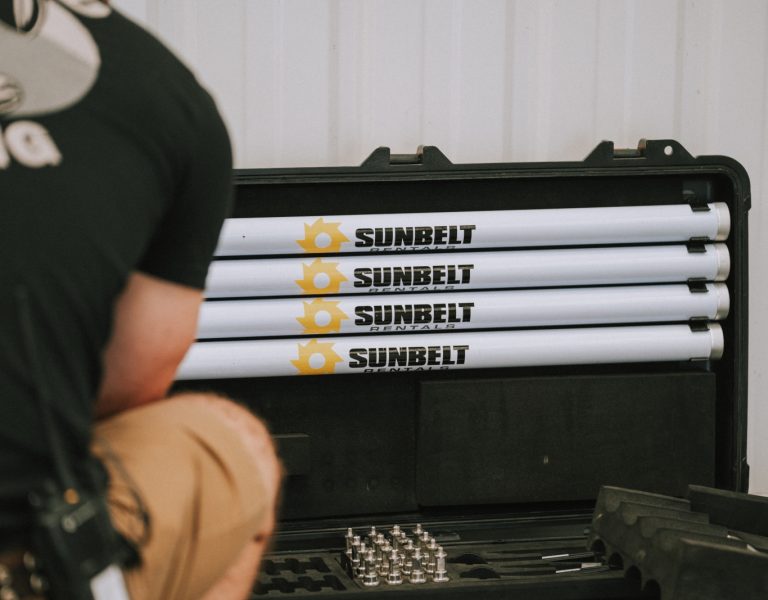
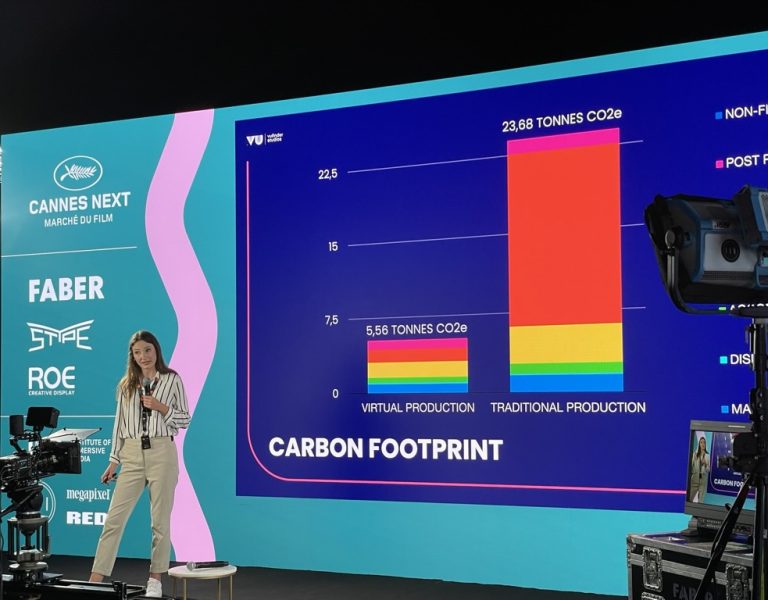




Comment / Laurence Johnson, sustainability manager, Film London